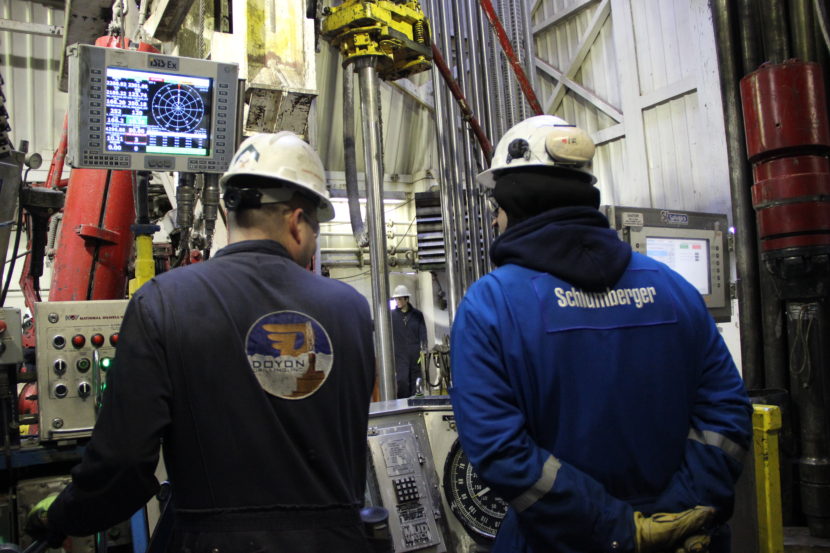
The House Resources Committee unveiled on Saturday its version of House Bill 247, an overhaul of the state’s oil and gas tax credits.
The new version removes one of the key changes proposed by Gov. Bill Walker — raising the minimum tax paid by companies from 4 percent to 5 percent.
The bill would trim the amount of tax credits paid to companies operating in the Cook Inlet.
But Homer Republican Rep. Paul Seaton said the new version would leave credits for companies operating on the North Slope unscathed.
“It’s a huge budgetary expense and we’re talking about how we need to do budget cuts in here,” Seaton said of the legislature. “I see almost no budget cuts.”
But Rena Delbridge, an aide to Anchorage Republican Rep. Mike Hawker, said the sponsors of the new version were concerned about cutting credits deeper. Delbridge worked on the changes.
“The potential impacts to industry of immediate and dramatic changes, in order to resolve a short-term – hopefully short-term or intermediate-term – budget problem, could have fairly significant effects to our production in three years and in five years and in 10 years,” she said.
Walker had proposed eliminating credits based on how much companies spend on drilling and exploration. But he would have allowed companies to continue to get tax credits based on their operating losses.
The new version would scale back both types of credits – for spending and for losses — but wouldn’t eliminate either type.
Walker’s state budget proposal included $500 million from the tax changes. Until a fiscal analysis is complete, it’s not clear how much less the state budget would receive from the committee’s changes.
Ken Alper, state Tax Division director, said the changes will affect the state’s ability to balance its budget. He noted that eight other bills designed to raise revenue haven’t passed.
Walker’s expected to announce Monday that state revenue hasn’t been meeting forecasts, further deepening the budget problem.
The bill also would establish a legislative working group that would make recommendations on broader changes to the tax system for companies in the Cook Inlet and the area south of the North Slope known as “Middle Earth.”
These recommendations would be due in time for the next legislative session.
